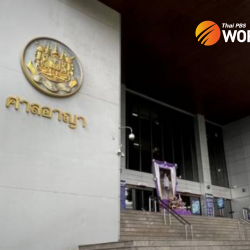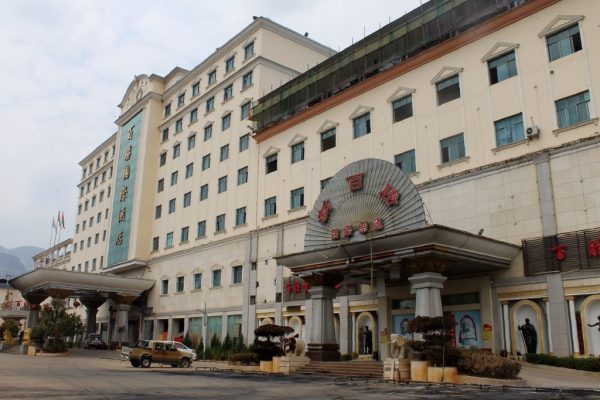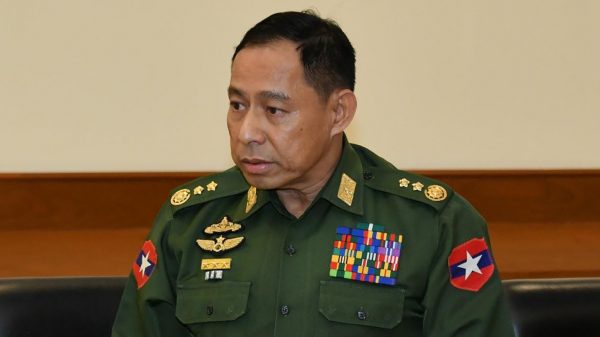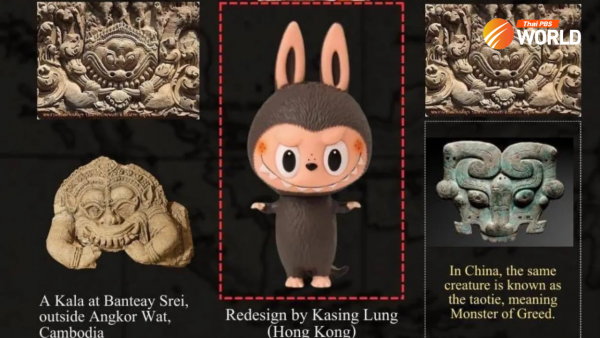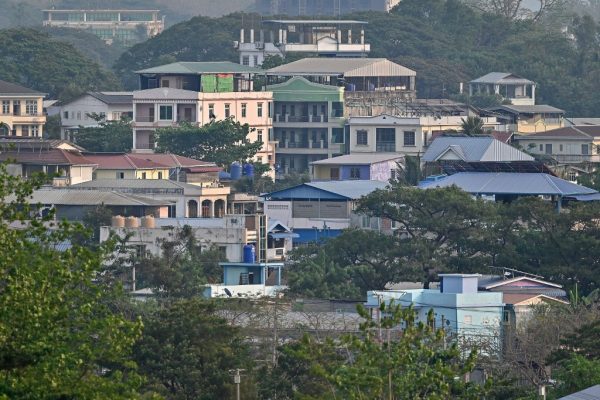Voices of Myanmar refugees on Thailand’s policies and laws
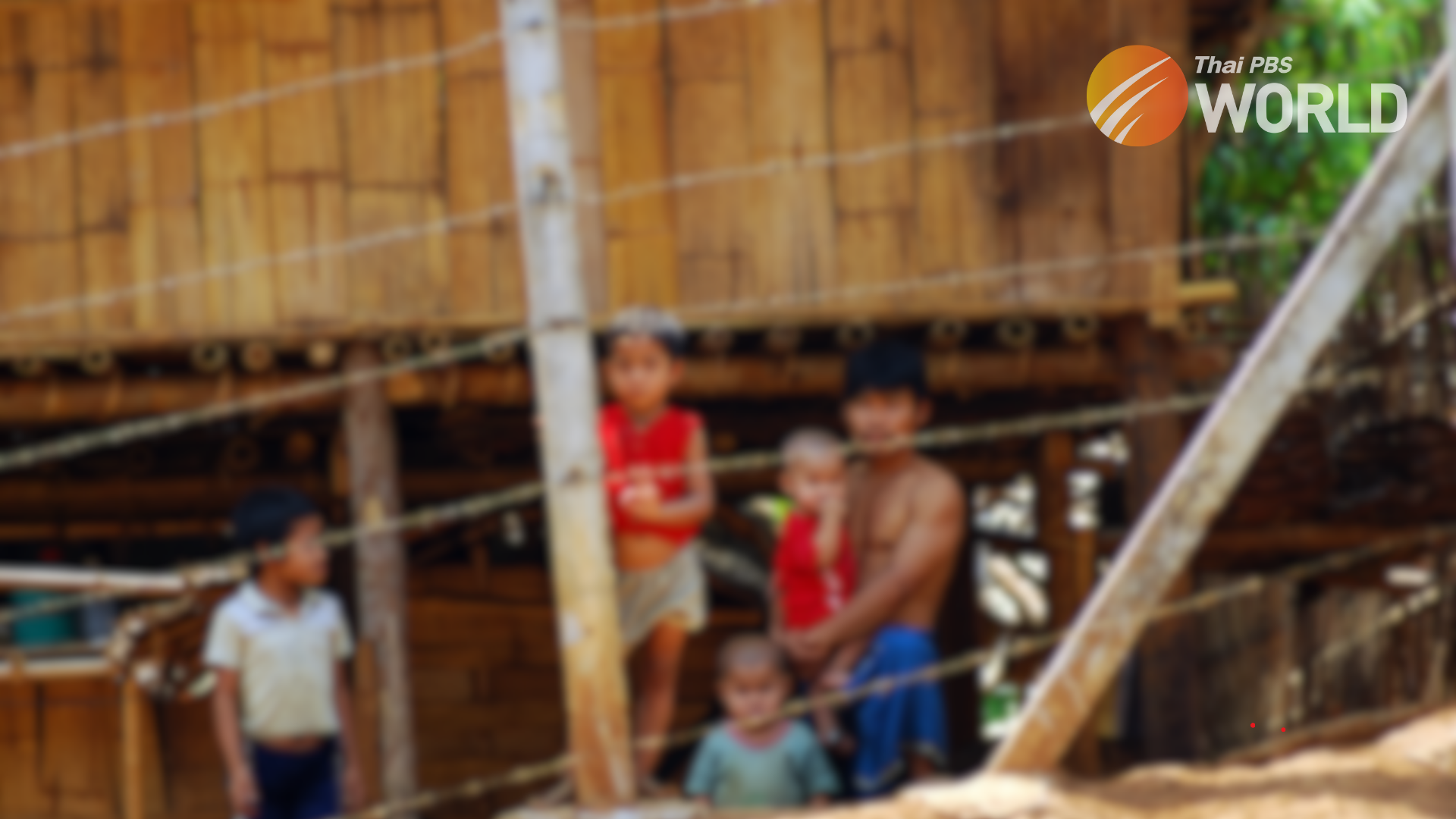
After the February 2021 coup and violent crackdown on the people of Myanmar, many were forced to leave their homes and the situation has been deteriorating. While more and more Myanmar refugees move into Thailand, Thailand still does not have a clear policy, measurement system or specific legal framework to protect these refugees.
Thailand is also not a state party to the 1951 Convention on the Status of Refugees, or the 1967 Protocol, despite being a party to other related conventions.
According to the data from UNHCR, Thailand is hosting about 96,000 Myanmar refugees. As Thailand does not yet conduct Refugee Status Determination, refugees are treated as ‘illegal aliens’ through the National Screening Mechanism (NSM), under the 2019 regulation of the Office of the Prime Minister for screening aliens who enter into the Kingdom and are unable to return to their country of origin. As they are not yet officially accepted as refugees, many are undocumented. Consequently, they cannot apply for jobs, cannot access healthcare outside the refugee centres or go to school. When their opportunities are scarce, they are more susceptible to exploitation and poverty.
In a seminar on Myanmar refugee policy, called “In Between”, hosted by the Spirit in Education Movement (SEM), the Myanmar Response Network (MRN) and Thai PBS, refugees and human rights workers from various backgrounds voiced concerns about and suggestions for Thailand’s laws and policies.
Open blind eyes
Dr. Chayan Vaddhanaphuti, a human rights defender and academic from the Regional Centre for Social Science and Sustainable Development (RCSD) at Chiang Mai University, explained that, since many Myanmar refugees resided in Thai camps for generations, they are not ‘temporary refugees’ anymore. There is a need for Thailand to reconsider the definition of refugees and the mechanism to solve conflicts between ethnicities.
Dr. Chayan said that, currently, the Thai government does not recognise them as refugees or give them enough humane help, but Thailand should reconsider the issues, as shared responsibilities in the region, and work more towards a human rights basis. He also suggested that Thailand should open the camps and open opportunities for refugees.
“Students who receive education within the refugee camps are capable of many languages. We should not only see them as ‘refugees’. We need to see them as potential human resources and a crucial force for economic growth. Once we see it this way, we can start including them in the development plan. They can work in various sectors as well.” said Dr. Chayan.
For refugees with certain specialisations, such as the thousands of healthcare workers who have now become refugees, Dr. Cynthia Muang, the director of the Mae Tao clinic, which has been providing healthcare on the border for decades, suggested improvement in the cross-border access to healthcare centres in Thailand and humanitarian support that protect healthcare workers in the war-zone.
Considering policies and revision of laws
The civil sector suggested that the government revise and reconsider policies, to be tailored to each area or period of time. Some refugees have experience as refugees, some are children, women, elderly or people with disabilities, so they need different approaches.
The civil sector emphasised that the government should allow certain groups of organisations, who are experienced and specialised in helping refugees, healthcare and human rights, to work together. Right now, only the authorities dealing with national security aspects are working on refugees. For example, in primary healthcare, the Thai public health system should be working with international NGOs that directly deal with refugees’ health too, not just the immigration office.
The Chief Executive of the SAO Mae Sam Laep, Pongpipat Meebenjamart, also stressed that we need to ensure work alignment, between the authorities and the locals, by decentralising the help to more local organisations. Participation by the refugees would also be a more empathetic contribution to policy making.
“Every aspect of refugee life is concerned with the law”
Waritsara Rungthong, a protection and legal aid officer for Refugee Rights, suggested that the state should also consider revising the 1979 Immigration Act as, through this law, the state treats refugees as aliens and is rightfully able to send them back to their country of origin. Moreover, law enforcement of screening and detention needs to be revised, as to whether it respects or treats refugees with dignity. Lastly, the government should reconsider the law regarding welfare and protection for refugees who are waiting resettlement to a third country, as well as how the Thai government possesses the sole authority to decide who is eligible for international departures.
Although this crisis demands Thailand’s attention in addressing the root causes of displacement in the long run, there is a need for Thailand and the world to come together as a global community to call for basic human rights. We must not forget that “No one wants to leave their home or wants to be a refugee. This is not their choice. The situation made it their choice.” as Kyaw Kyaw Thein, a Myanmar Refugee put it.
Listen to Full Talk: https://www.youtube.com/watch?v=iVxbaOPZn64
By Atikan Kulsakdinun


